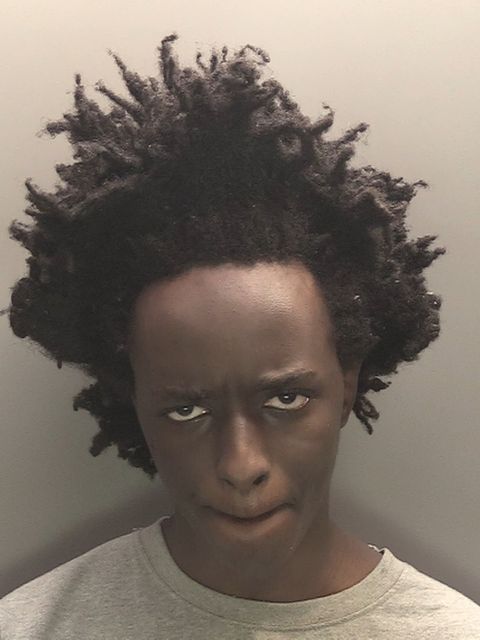The online spread of content in apparent breach of England’s contempt of court rules will be investigated as part of a public inquiry into the Southport stabbings, Sir Keir Starmer has said.
In a Downing Street press conference, the Prime Minister defended the decision taken by authorities not to share information about the case earlier on, saying that to do so would have risked collapsing a potential jury trial.
Following the attack by 18-year-old Axel Rudakubana last July, who on Monday admitted murdering three girls at a Taylor Swift-themed dance class, a slew of false claims circulated on social media about the circumstances surrounding the killings.
Meanwhile, some of the Government’s political opponents have alleged a “cover-up” over Rudakubana’s contact with the authorities, and said more details could have been disclosed earlier on in order to prevent an information vacuum.
But speaking on Tuesday morning, the Prime Minister said that the “only losers” if the Government and authorities had shared more information would be the victims and their families, because it could have potentially jeopardised a trial and delayed justice.
“Yes, I knew the details as they were emerging. That is the usual practice in a case such as this,” he said.
“But you know, and I know, that it would not have been right to disclose those details. The only losers, if the details have been disclosed, would be the victims and the families, because it ran the risk the trial would collapse. I’m never going to do that.”
Contempt of court laws exist to prevent interference in legal proceedings and apply to everyone, from journalists to online commentators publishing information on social media.
We need your consent to load this Social Media content. We use a number of different Social Media outlets to manage extra content that can set cookies on your device and collect data about your activity.
If a publication carries a “substantial risk of serious prejudice” – in other words, could seriously impede the ability of a jury to reach a fair verdict – it could lead to the collapse of a trial.
The Government announced an inquiry into the Southport case on Monday evening, saying the country needed answers on how the state failed to protect Alice da Silva Aguiar, nine, Bebe King, six, and Elsie Dot Stancombe, seven.
The three girls were murdered by Rudakubana, who also admitted the attempted murders of eight other children, who cannot be named for legal reasons, as well as class instructor Leanne Lucas and businessman John Hayes.
He further pleaded guilty to possessing a knife on the date of the attack, production of a biological toxin, ricin, on or before July 29, and possession of information likely to be useful to a person committing or preparing to commit an act of terrorism.
Setting out more details about the inquiry on Tuesday, the Prime Minister said it would look at the spread of information online that “doesn’t appear to be following” contempt of court rules.
Axel Rudakubana admitted charges including three counts of murder (Merseyside Police/PA)
“It is true that we live in a different age, in that available information is now available online as well as offline, and I understand the frustration of all, including some journalists, who observe the rules and don’t report what they know because they know that the law doesn’t permit it, and it runs the risk of collapsing a trial, only to see information online that doesn’t appear to be following the same rules, and that is not acceptable,” Sir Keir said.
“That has to be addressed and will be part of what we will be looking at because that can’t be right.”
The Tories have said that some information could have been shared earlier on, pointing to remarks by Jonathan Hall KC, the independent reviewer of terrorism laws, who last year said the Government and police should be more open about criminal cases to avoid an information gap being filled online.
Reform UK leader Nigel Farage said on Monday he had been “right all along” when he claimed in the summer that information had been withheld from the public.
Sir Keir said he “wouldn’t be forgiven” if he had shared details beforehand and said it was his own “choice”, as well as the “law of the land”, not to disclose them.
“The law carefully restricts what can be said by anyone,” he said.
“It is done to protect the (families) and the victims, and that is the right thing. That is what the law requires. It’s also the choice I would make to ensure that my first thoughts are about justice for the victims and their families.”
